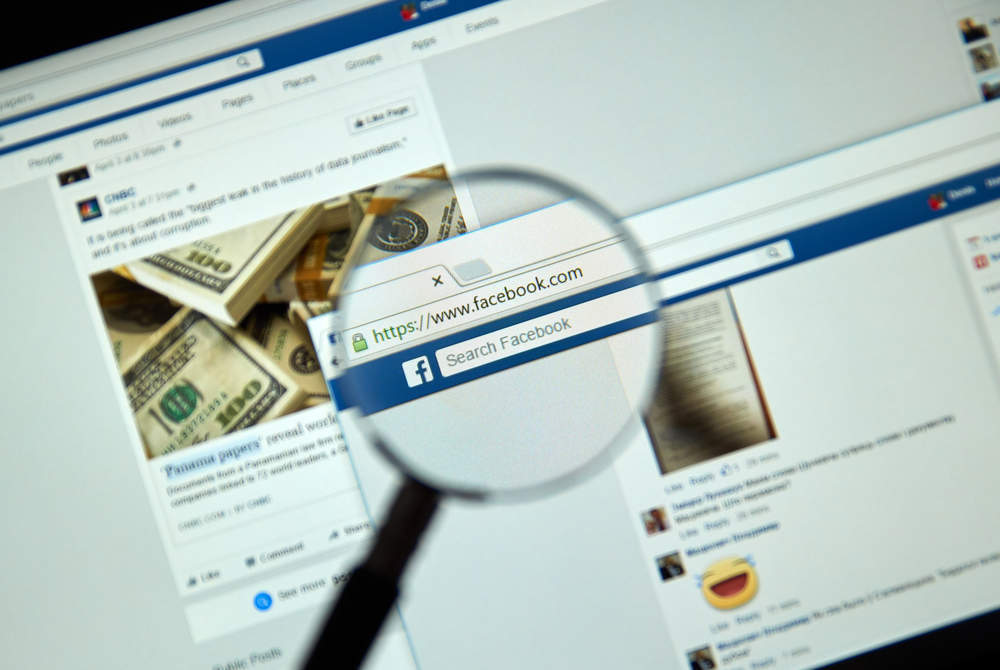
It could soon be possible to identify people who create fake profiles on social media thanks to a tool developed by computer scientists at the University of Edinburgh.
Using information gleaned from about 5,000 verified public profiles on PornHub, an adult content site, the university researchers built software which recognises users who pretend to be somebody else — a practice known as catfishing.
The algorithms, developed in collaboration with computer scientists from Lancaster University, Queen Mary University London (QMUL) and King’s College London (KCL) can pinpoint people who lie about their gender with more than 90 percent accuracy, the BBC reported.
Almost 40 percent of the PornHub site’s users surveyed for the study lied about their age and 20 percent lied about their gender, with women more likely to deceive than men, according to the research.
“Adult websites are populated by users who claim to be other than who they are, so these are a perfect testing ground for techniques that identify catfishes,” said Dr Walid Magdy, of the University of Edinburgh’s School of Informatics.
“What was interesting was that it seems that for many the reason for lying was to get more friends and subscribers,” he added.
How well do you really know your competitors?
Access the most comprehensive Company Profiles on the market, powered by GlobalData. Save hours of research. Gain competitive edge.

Thank you!
Your download email will arrive shortly
Not ready to buy yet? Download a free sample
We are confident about the unique quality of our Company Profiles. However, we want you to make the most beneficial decision for your business, so we offer a free sample that you can download by submitting the below form
By GlobalDataThe study will be presented this July at the International Conference on Advances in Social Networks Analysis and Mining in Australia.
How common are fake profiles?
Most dating website users say they have encountered at least one fake profile, according to consumer group Which?
A total of 3,889 people in the UK were defrauded out of a record £39m from online-dating fraud in 2016, figures published in January by the National Fraud Intelligence Bureau revealed.
One woman who lost more than £300,000 says she felt emotionally “brutalised,” the BBC reported.
Social media giant Facebook could have as many as 140m fake accounts.







